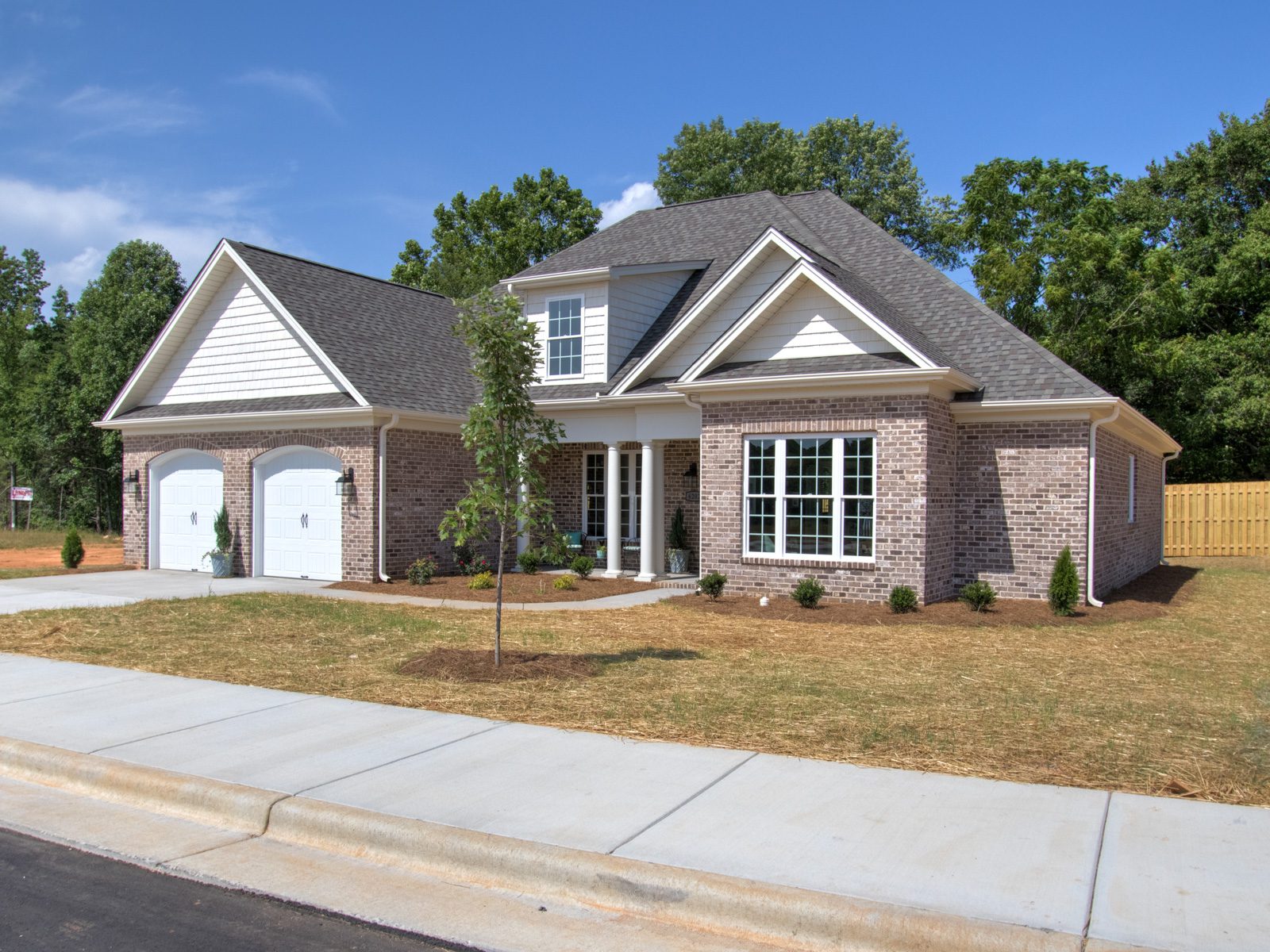7 Things to Consider When Choosing Where to Build Your Home

If you have been looking at Greensboro real estate with an eye to building your next home, you are not alone. Empty land in our area is becoming scarce as the region continues to grow. Before you choose a property and start building, there are a few things you need to be aware of. Here are seven things you need to keep in mind as you look at land:
1. The Right Location
Realtors have always said building a home is all about “location, location, location.” Consider issues such as whether you have a good view, will you get enough sunlight, are you close to schools, shopping, hospitals and other amenities? Will your daily commute be manageable? If you have reached retirement age, will your new location be close to community centers, medical centers, gyms, recreational facilities? Make sure that your property qualifies to build the size of home you want to build.
2. Plan for the Future
Just because the property you are interested in looks wonderful right now, it may not always be this way. This is especially true if you are buying property in a subdivision. Try to picture the area as it will look in 5 to 10 years as the other lots begin to fill up. Will you lose that amazing view? Are your neighbors going to be closer than you might like? What will you do if businesses start moving in and you have 24-hour traffic?
3. What about Setbacks
Do you know what the property’s setbacks are or what a setback is? A setback covers how close to the property line you will be allowed to build. You can get this information from your local building department. This is especially important on smaller lots as setbacks can have a significant impact on the size of home you can build.
4. Where Will You Get Your Utilities
There is no point in buying a beautiful piece of property for a bargain price, only to find it will cost thousands more to drill a well or connect to city water, have power lines put in and have a propane tank installed. It can cost $100 per foot or more to have power lines run to your property. If the land is in the city, then you need to find out how much it will cost to connect to the various utilities.
5. Who Owns the Natural Resources
Just because you have the deed to your property, that does not mean you own what is under your land. It might be better to say you can own the land but not access to the natural resources under it. These can include mineral rights, timber rights, water rights, gas rights and oil rights. If you want these rights, you need to make sure you are buying them with the property, or someone may have the right to mine, drill or cross your property without your permission.
6. What about Maintenance?
Do you know who is responsible for maintaining community property around the land you plan to buy? This includes who will plow the roads when it snows in the winter, who mows the berms, who picks up litter, etc. It could be your job, the homeowner’s association’s, the city’s or the county’s. Be sure you know this before buying. You could find out that hard way that it is your responsibility.
7. What about Zoning?
Lastly, as you look at Greensboro real estate for sale, you need to learn everything you can about any restrictions. Is the property covered by a range of covenants created by an HOA (home owner’s association)? Does an architectural committee have to approve the design of your home before you can build?
When it comes to zoning, are you buying property for your home next to land that is zoned commercial? What if you want to add a garage or barn? The more you know before you buy, the lower the risk of ending up with property you will not be happy with in 5 or 10 years. Hopefully, this information will help you find the perfect piece of real estate for your new home.
